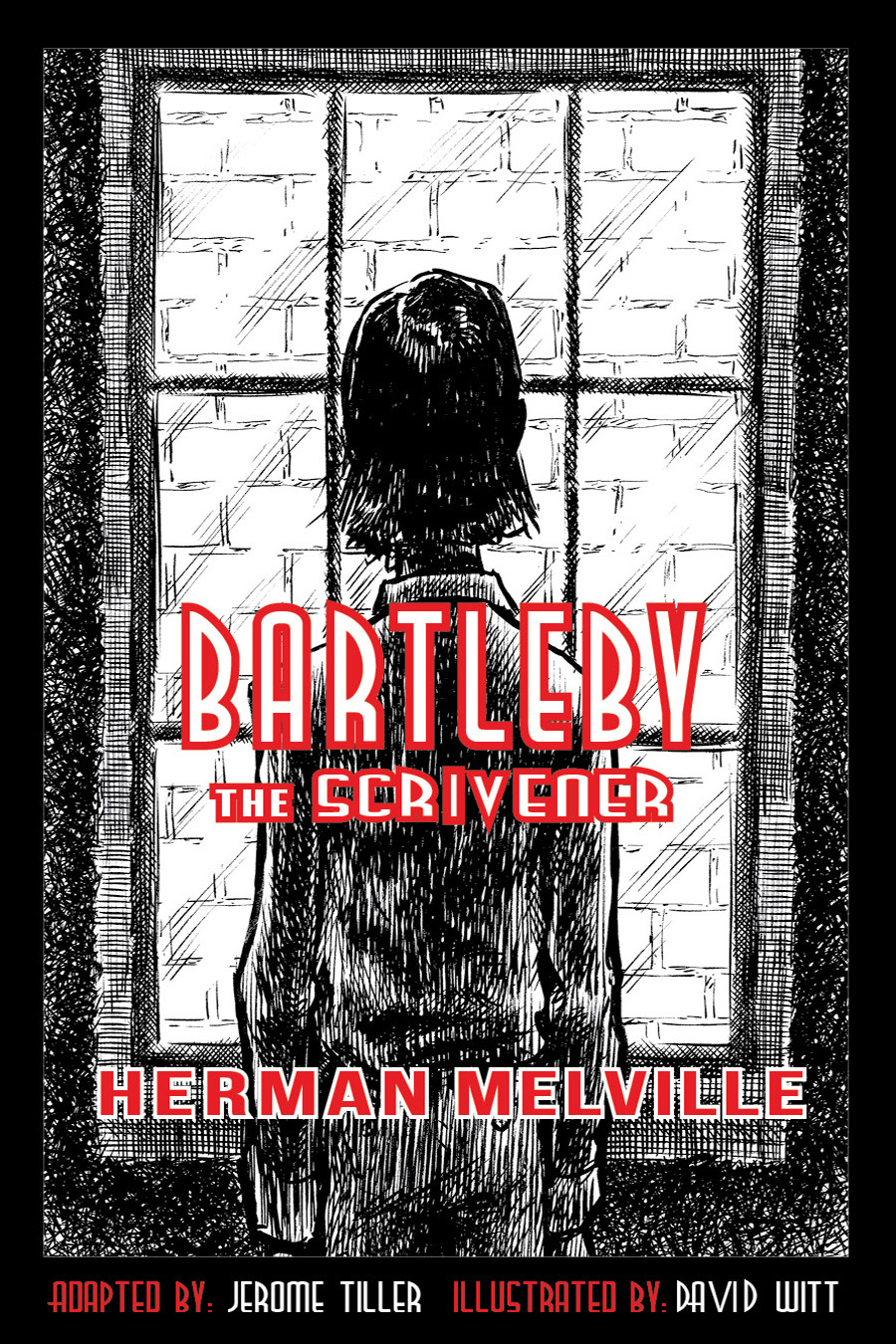Leo Tolstoy
Tolstoy - Radical Christian?
In two previous blogs (here and here), and within the book Tolstoy illustrated, I claimed that Leo Tolstoy formed his worldview based on the teaching of Jesus Christ and that he was a radical Christian.But to identify Tolstoy as a radical Christian requires explanation. First however, there is no doubt that Tolstoy's worldview was based upon a very literal—and thus radical–understanding of the life and teaching of Jesus Christ. Each of the three stories in Tolstoy Illustrated highlight different aspects of Christ's uncommonly iridescent teaching.
Patriotism
It is beyond dispute that Leo Tolstoy scorned all manner of institutional authority. Each of the three stories in Tolstoy Illustrated hint at different aspects of his disdain, a point-of-view he broadened in other writing to include all conceivable feelings and attitudes that institutions transmit to adherents or victims under their influence or control. In this lightly edited and greatly truncated version of Patriotism and Government, an article he wrote in 1900, here’s what Mr. Tolstoy thought about one such feeling—patriotism.
Are Mark Twain and Leo Tolstoy birds of a feather?
Mark Twain and Leo Tolstoy – birds of a feather? Why would anybody think so? Leo Tolstoy was a radical Christian and Mark Twain was something close to an atheist. Leo Tolstoy was financially secure from the time of his birth until his death, while Mark Twain went broke in his constant pursuit of wealth. Mark Twain was spontaneously sociable, Tolstoy guarded, and at least eventually, something close to reclusive. And yet… their attitudes toward institutional power were nearly identical.
Tolstoy Illustrated
Tolstoy Illustrated: Three Stories by Leo Tolstoy contains three illustrated fables adapted by Leo Tolstoy, then adapted once again by me for the purpose of fitting them with illustrations. Tolstoy adapted these and many other moral fables hoping to convert readers, especially young readers, to genuine Christianity. This was the motive behind most of his literary work from about the age of 50 until the age of 75. Of course, to be honest, as time has played out, he would doubtlessly be gravely disappointed to know how little affect his writing would have inspiring such conversion.


